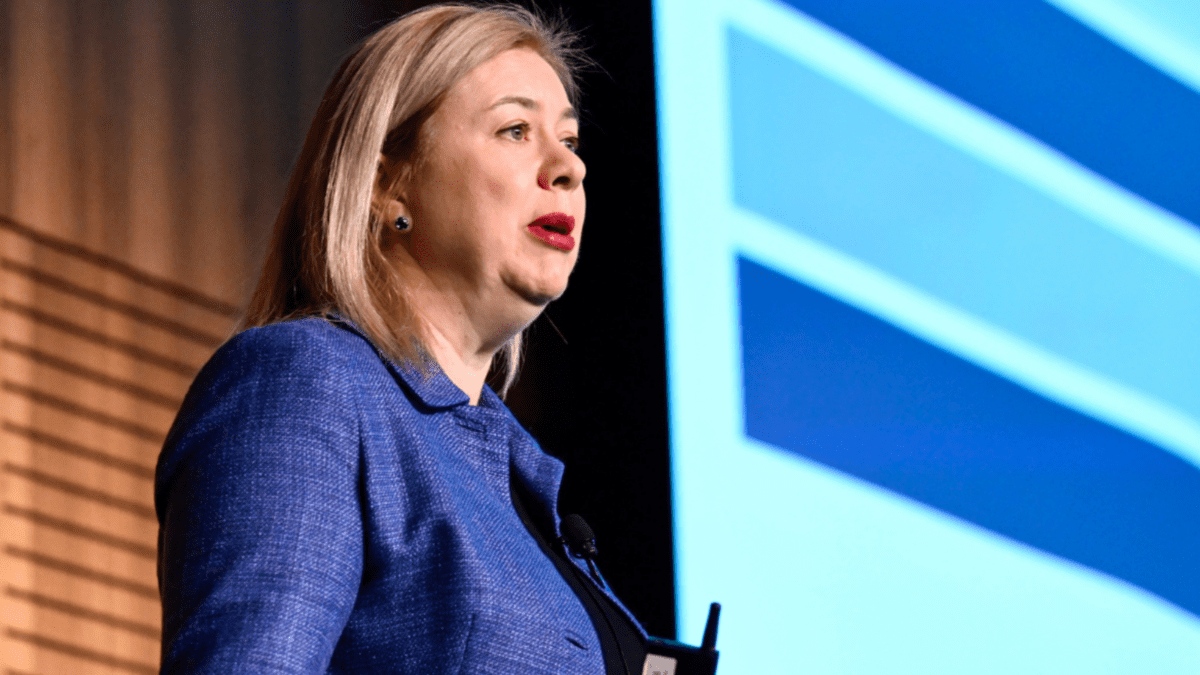SMSFs under advice surge as adviser numbers dip below 16,000
As the adviser exodus peaks, the shape of advice books is trending further towards higher-net-worth clients with a record number of SMSFs coming under advice.
This week Wealth Data reported a loss of 295 advisers after 149 came off ASIC’s financial advice register last week, completing the biggest two-week swing on record. The dip comes after the September 30 cut-off date passed for the adviser exam extension, leaving the industry with a record-low 15,908 licensed advisers.
As the quantum of advisers has decreased those that remain have consolidated client books, which has led to a higher proportion of self-managed superannuation funds – generally with balances over $500,000 – coming under advice.

According to Wealth Data the number of SMSFs per adviser is now 37.19, after steadily increasing from a low of 20.35 in Q1, 2019. This number had remained stable for years at around 22 SMSFs per adviser before the adviser exodus began to affect the advice market.
The amount of funds being managed by advisers in SMSFs has risen accordingly, with average net assets of SMSFs under advice rising from $22.8 million per adviser in Q1, 2019 to $52.75 million today.

There are now over 600,000 SMSFs in the country with more than 1.1 million members and close to a billion dollars held in SMSF funds according to the Australian Tax Office.
While the adviser exodus is pushing advisers onto higher net worth clients that often act as SMSF trustees, Wealth Data managing director Colin Williams says there are exceptions.
“I normally highlight that not every adviser provides advice for SMSFs and not every SMSF uses an adviser,” he tells The Inside Investor.
Williams notes that one of the driving forces behind the adviser exodus – the requirement for advisers to pass an exam introduced by the now defunct Financial Adviser Standards and Ethics Authority – reached its extended cut-off date on September 30, which resulted in those who hadn’t passed the exam coming off ASIC’s register.
Numbers may drop further yet should be close to bottoming out, he believes.
“We believe there are some more losses, but not as heavy to come over the next couple of weeks before flattening out,” Williams stated on a Wealth Data blog. “As a reminder, licensees have up to 30 days to report losses and with the current run of public and school holidays, reporting may be lagging a little.”
The adviser cohort has shrunk by 15.54 per cent in total in the last 12 months, Wealth Data research shows, down from 18,867 in early October. The starkest loss by industry peer groups was felt in accountants providing SMSF financial advice under a limited license, which closed 245 licensees with no new openings. From 1,529 of these advisers at this time last year, only 657 remain.










